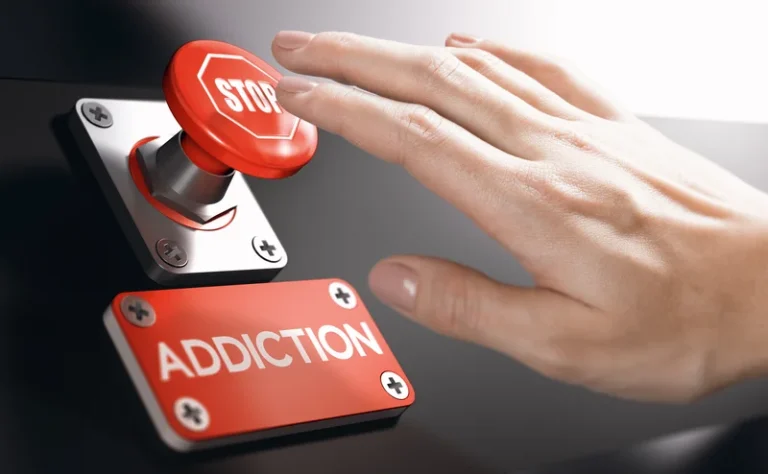
This is true with alcoholism and narcissistic personality disorder, which have overlapping symptoms. Narcissistic personality disorder (NPD) is a mental health condition defined as persistent symptoms of narcissism that significantly impact a person’s quality of life. It is not uncommon for two mental health conditions to co-exist (referred to as a comorbidity). The occurrence of two such conditions is called a dual diagnosis or co-occurring disorders.
Narcissism
- They can help individuals develop humility and connect with others.
- A loved one’s drinking and selfish behavior can be devastating and cause a great deal of pain and disappointment.
- Further research into the causes of AUD might help experts develop more treatment options.
- They often depend on alcoholism to cover the shortcomings of their character and also their individuality.
Narcissism and alcoholism often intertwine, creating a complex and challenging dynamic. Both conditions can significantly impact a person’s relationships, well-being, and overall quality of life. Research indicates that individuals with narcissistic tendencies are more likely to develop alcohol-related problems and engage in excessive drinking behaviors. The combination of alcoholism and narcissism can lead to destruction in various aspects of life, including relationships, mental health, and social well-being.
- They tend to display more passive-aggressive behaviors, self-pity, and a victim mentality.
- Each person needs a different treatment method depending on their unique situation, and as such, not everyone will have the same treatment program.
- The combination of a self-obsessed narcissist who never considers your feeling and an alcoholic who blames their need to drink on you can quickly destroy the strongest bond.
What’s the outlook for people with NPD or AUD?

While there is room for interpretation, a person with NPD and/or AUD must meet a minimum standard before a diagnosis can be delivered with confidence. Exhibiting narcissistic behaviors when drunk, for example, doesn’t inherently mean that a person has NPD. Alcohol can influence narcissistic behaviors, such as arrogance, self-importance, and feelings of superiority that aren’t otherwise present when sober. NPD and AUD frequently co-exist and can increase the effects of each other. People with a pattern of narcissism often turn to alcohol to reinforce a false sense of grandiosity. People with alcohol use disorder, also known as alcoholism, can display patterns of narcissism, including self-absorption and an underlying craving for admiration.
Do Narcissists Tend to Become Alcoholics?
Dealing with an alcoholic is demanding, and coping with a narcissist is far from easy, so when you combine the two, you have a real challenge. While on a drinking binge, a narcissist may start fabricating stories to secure the attention and sympathy of those around them. Studies suggest that “narcissists have higher cortisol and cardiovascular reactivity in socially threatening situations” and experience more stress.


A person with narcissistic personality disorder may have an inflated or grandiose sense of self-importance or worth and experience feelings of entitlement. Various therapies and treatment programs are effective in treating co-occurring disorders. Cognitive-behavioral therapy (CBT) helps individuals recognize and change negative thought patterns narcissism and alcoholism and behaviors.
